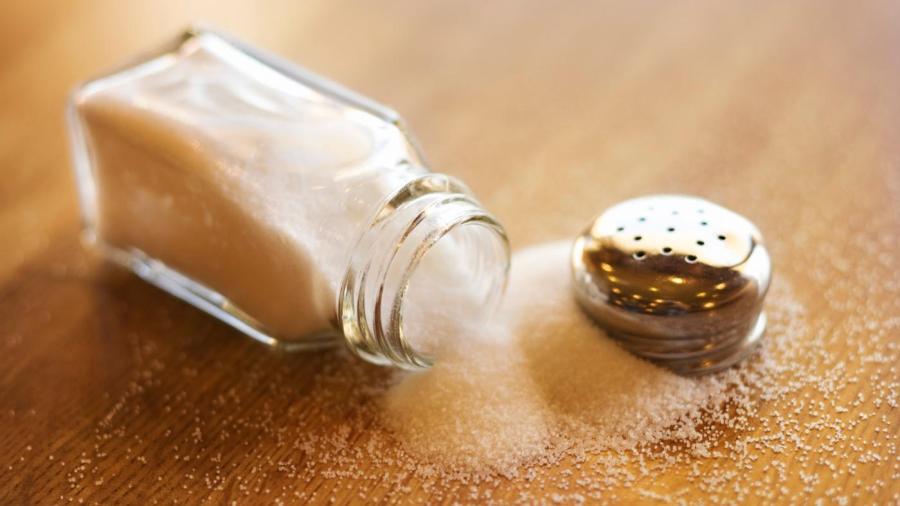Does Salt Affect the Freezing Point of Water?

Salt lowers the freezing point of water. The freezing point of water is the temperature at which water transitions from liquid to solid phase. The freezing point of water is 0 degrees centigrade in ordinary conditions. However, if supercooling occurs or if the water contains impurities, the freezing point can go down.
Freezing happens when the temperature of water lowers considerably to a point where the water molecules move so slowly that they can no longer avoid the intermolecular force of attraction. As a result, the molecules bind together into a lattice that eventually forms ice.
Water molecules move between the solid and liquid states at a uniform rate when the water is at the freezing temperature. When salt is introduced into the water, it disrupts this equilibrium and there will be fewer water molecules at the interface between the solid and liquid states.
The salt particles create a blockage at the solid/liquid interface so that water molecules will not be able to re-enter the solid state. As the temperature lowers further, the water molecules moving from the solid state will slow down even further until when they are moving at the rate at which they can enter the solid state. When the rate at which water molecules leaving the solid state is equal to that of the molecules entering the solid state, the lower freezing point is established.





